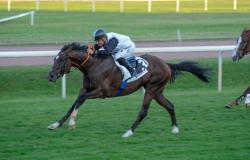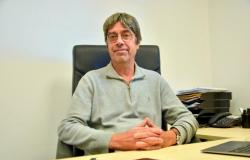Bibliographic research has evolved in recent years, facilitating the discovery of the most recent advances, rejoices researcher Claire Mathieu in a column.
This article is taken from the monthly Sciences et Avenir – La Recherche n°931, dated September 2024.
In the past, to carry out a bibliographic search, one would read a recent article in the field, then consult the articles mentioned, and, among these, for the most interesting, one would consult the articles that they cited, and so on.
Circulating in the past and future of research
This search was usually of reasonable duration, because one quickly came across the same few articles cited by all the works on the subject, but this approach only allowed one to go back in time. To be aware of more recent advances, one went to the conference in the field and read the abstracts of the articles presented.
Read alsoAn efficient algorithm to spot scientific articles generated by AI
Today, we have access to the articles that cite a given article, and that changes everything! We can perform a search using the cited articles but also the articles citing a given article. For those, we can consult the articles that they themselves cite or that cite them, and so on. After a few iterations we come across the same articles: this is the sign that we have gone around the question. This form of research allows us to move both in the past and in the future, and therefore to discover the most recent advances as well.
Bibliographies that are too extensive or not extensive enough
This work is complicated by incomplete bibliographies, but also by those that cite too many references. Could authors be asked to put the bulk of the bibliography in the first 15 or 20 references?
Read alsoSmartphones are useful for science, here’s how
Par Claire Mathieuresearch director at the CNRS, Institute for Research in Fundamental Computer Science (CNRS/Paris Cité University).
Find this article on sciencesetavenir.fr






